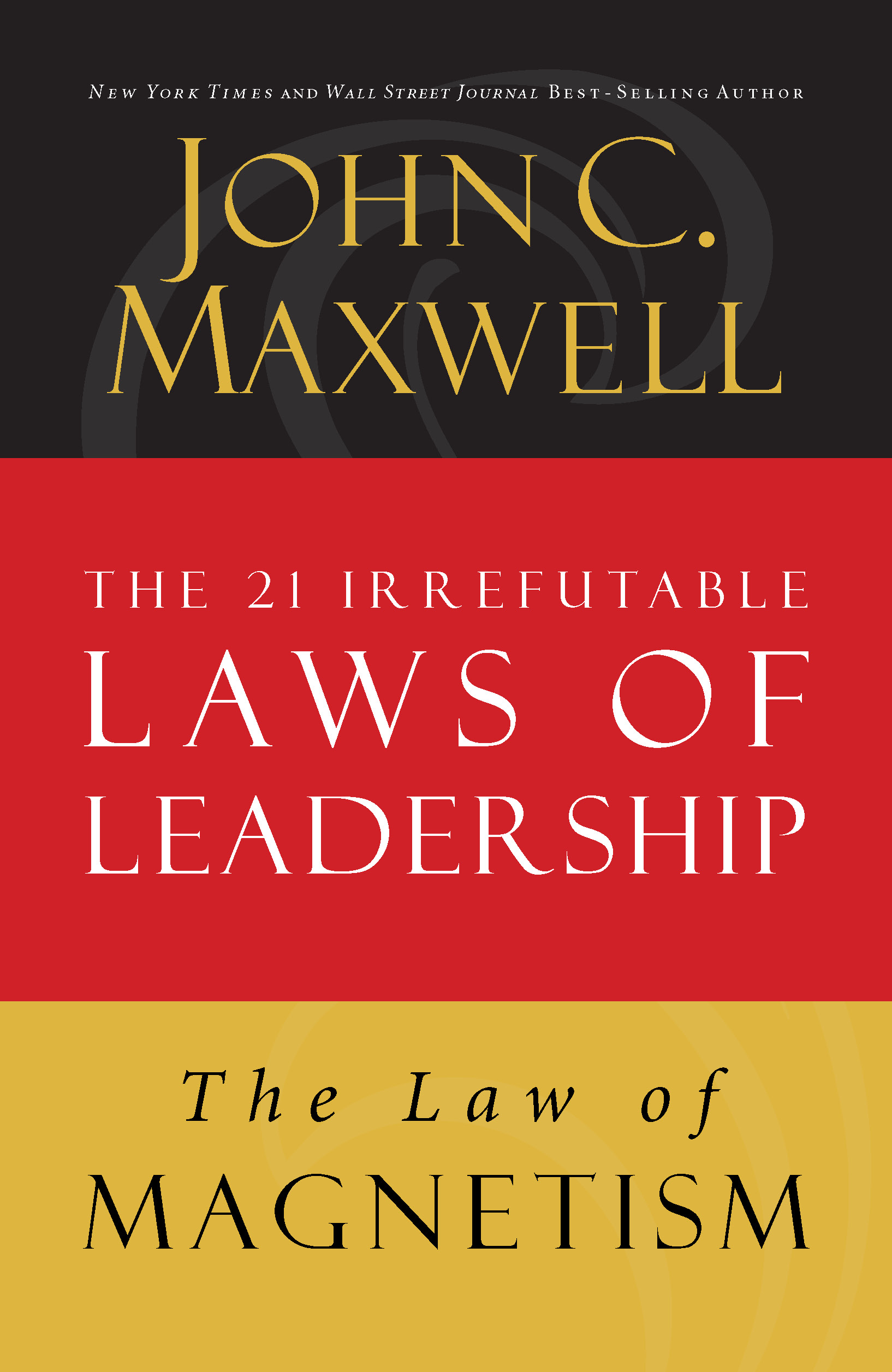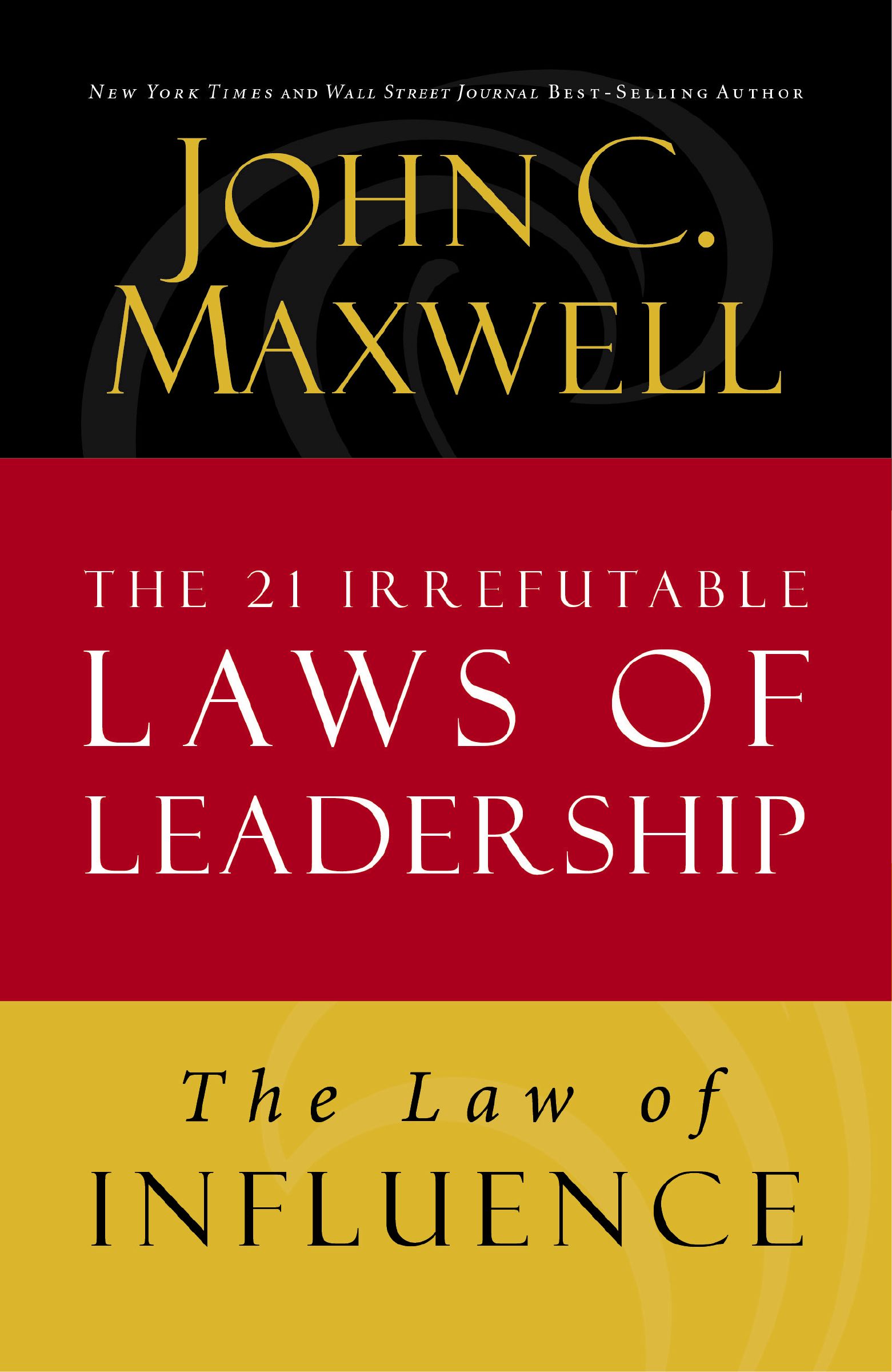
- Browse Category
Subjects
 We Begin at the EndLearn More
We Begin at the EndLearn More - Choice Picks
- Top 100 Free Books
- Blog
- Recently Added
- Submit your eBook
password reset instructions

When citizens take to the streets or pack assembly halls or share their ideas through the minority press, they often give voice to truths and logic that have otherwise been given little or no airing through the available institutional channels offered by democratic states. Such discourses offer new rhetorical strategies for the expression of citizen desires, needs and emotions that otherwise go unrecognized and unaddressed. They also offer impetus for new forms of deliberation and informed action that can result in real political change. This collection explores the tensions between democratic states and the dynamics of citizen voice. In so doing, the collection addresses such questions as: What role do oppositional discourses play in increased democratization? Can oppositional discourses be sustained over time? How do states resist pressures to democratize? This volume will be of interest to students and scholars in Politics, Sociology, and Communication.
Less- Publication date
- Language
- ISBN
- January 14, 2016
- English
- 754b85d3-fbc5-4005-bebb-470da7c6787a

























